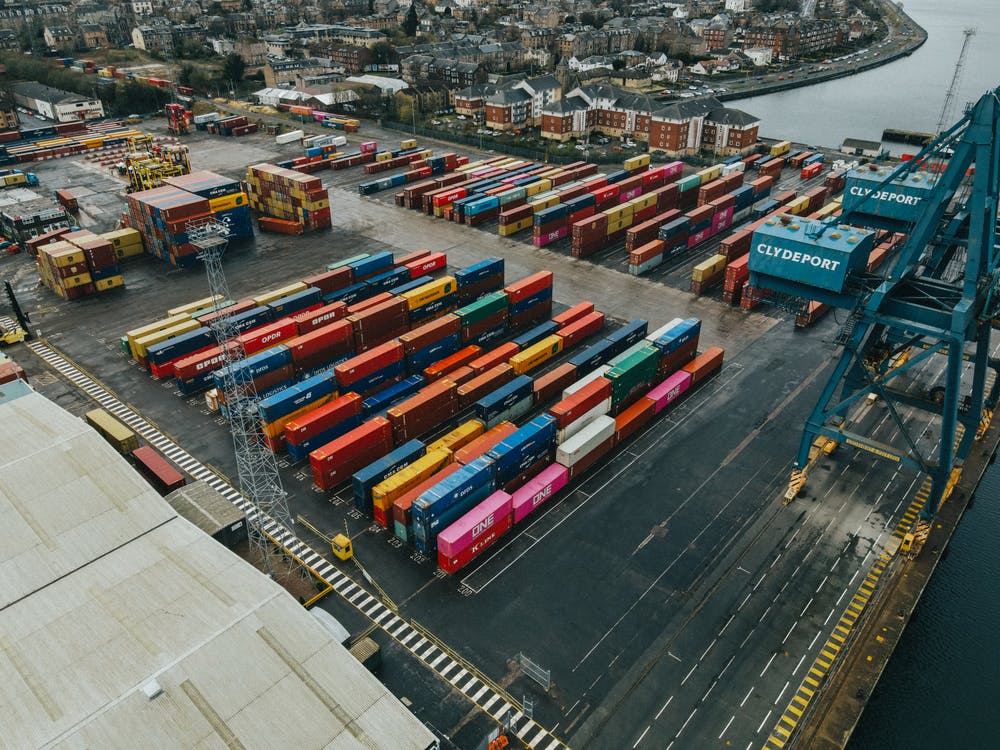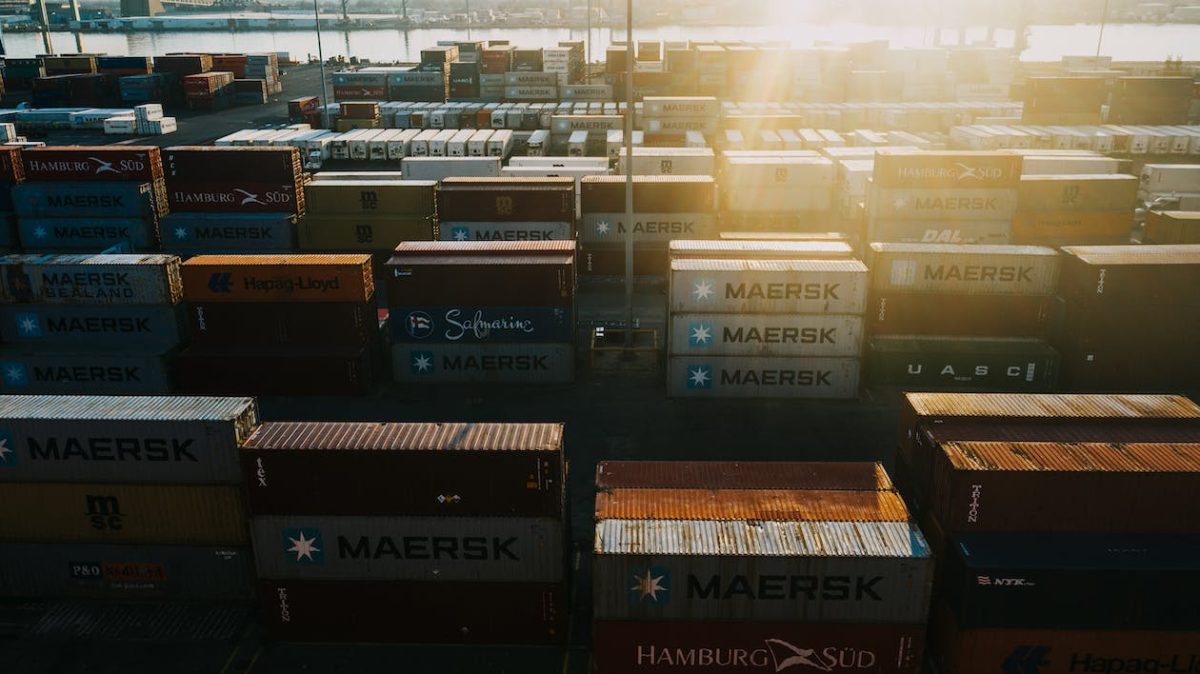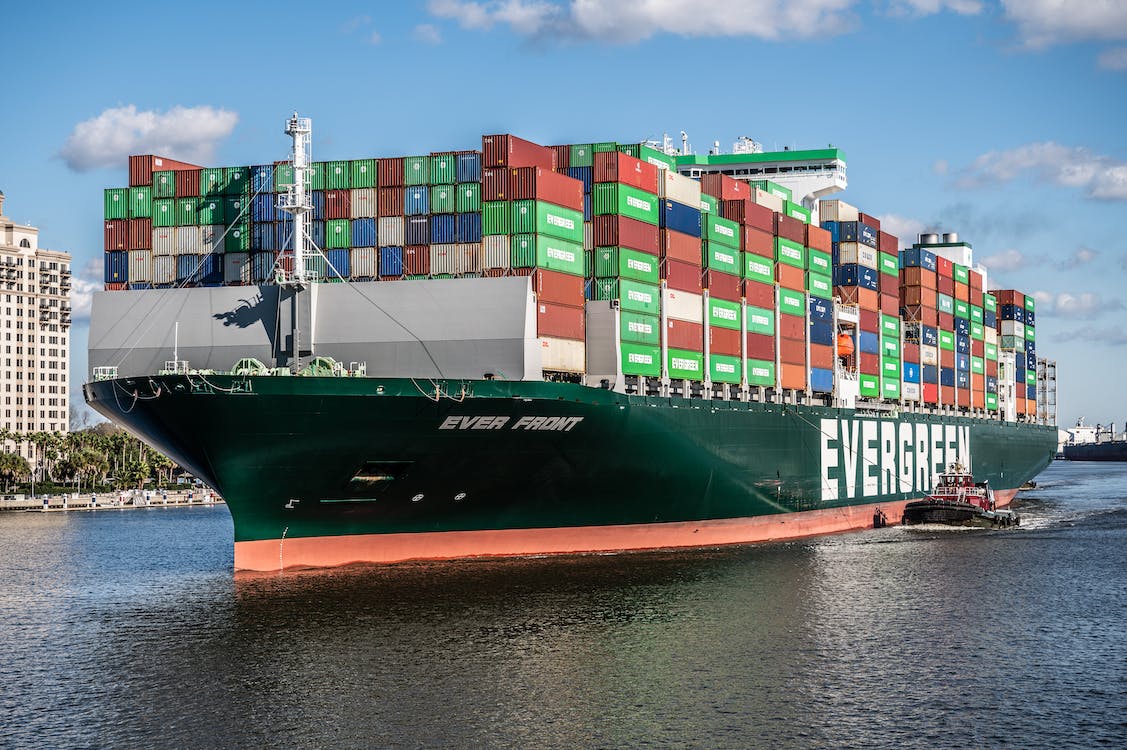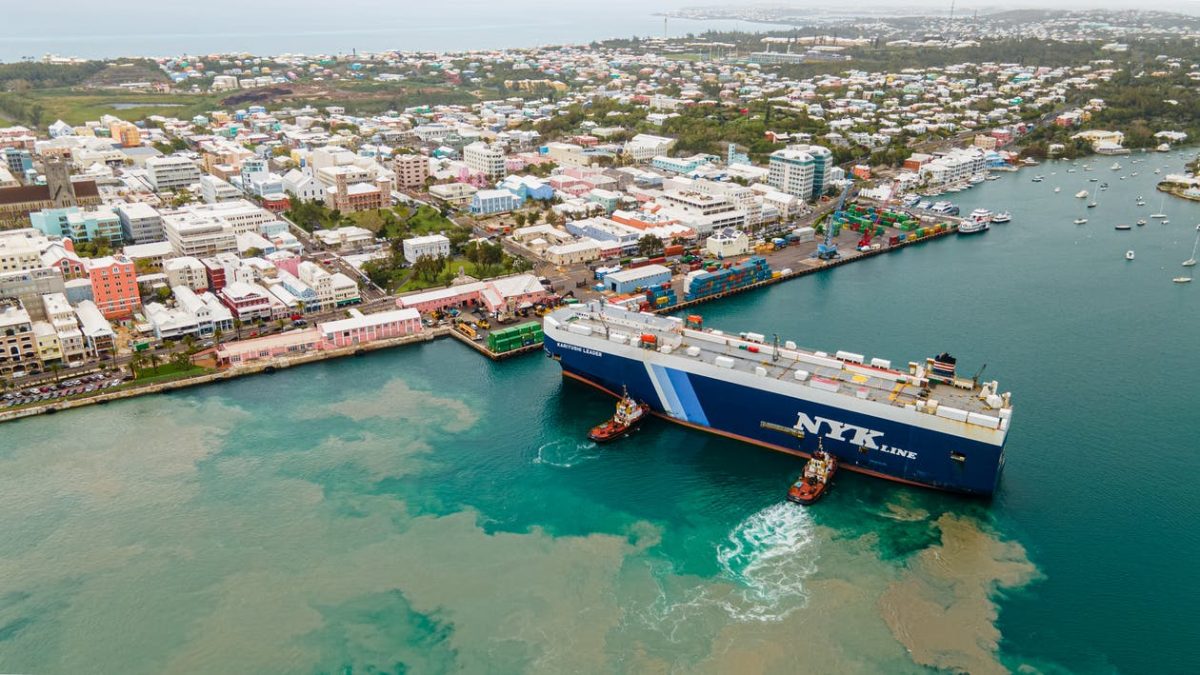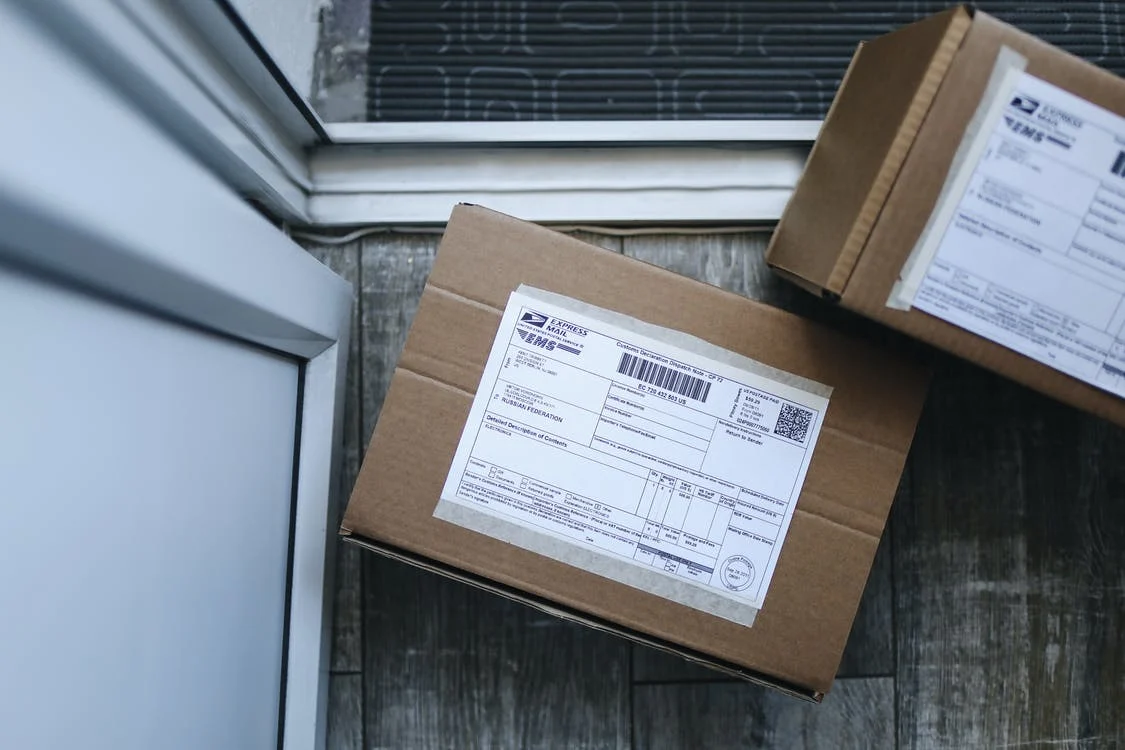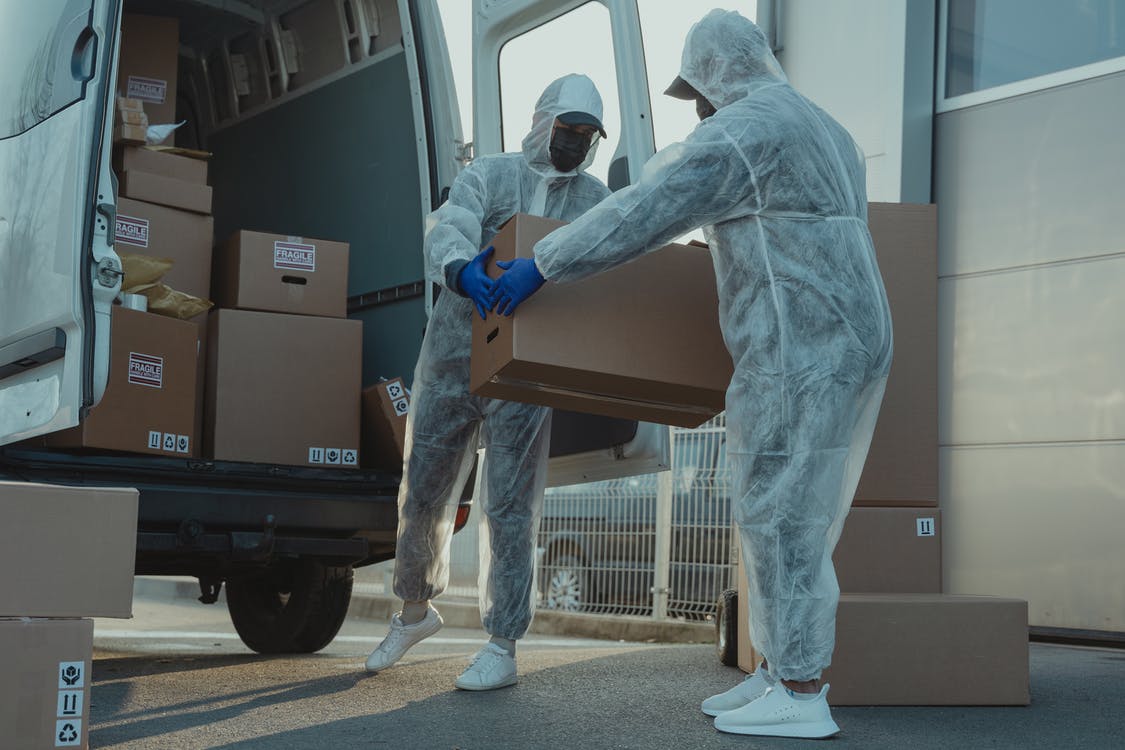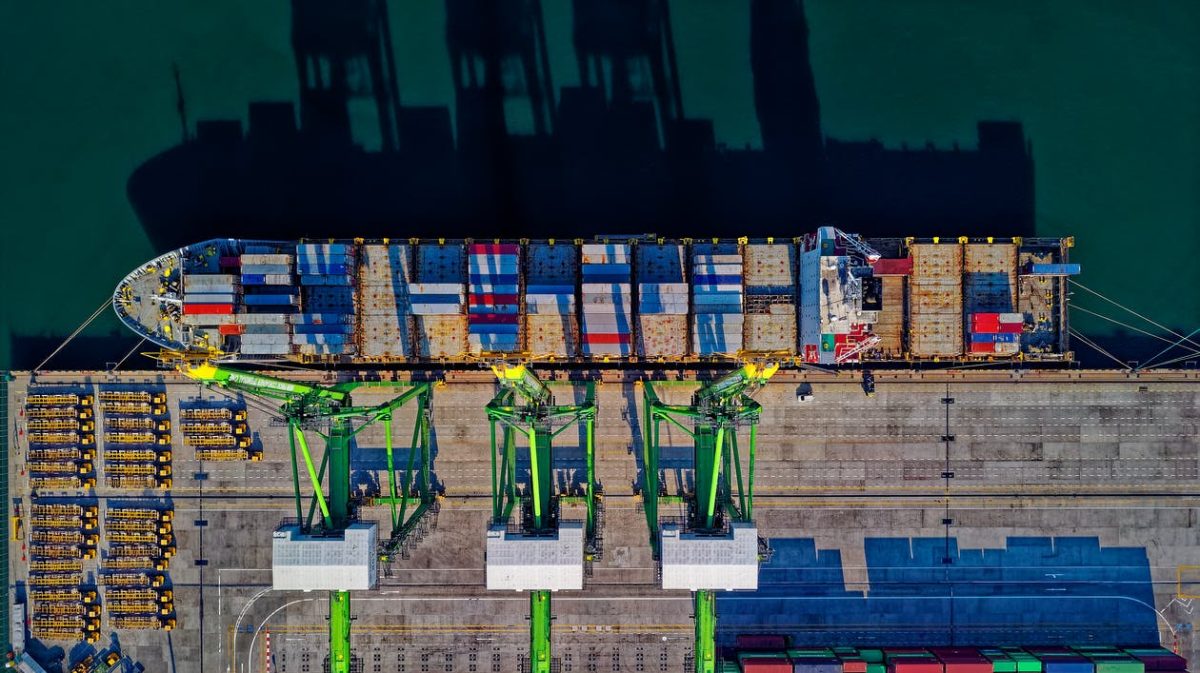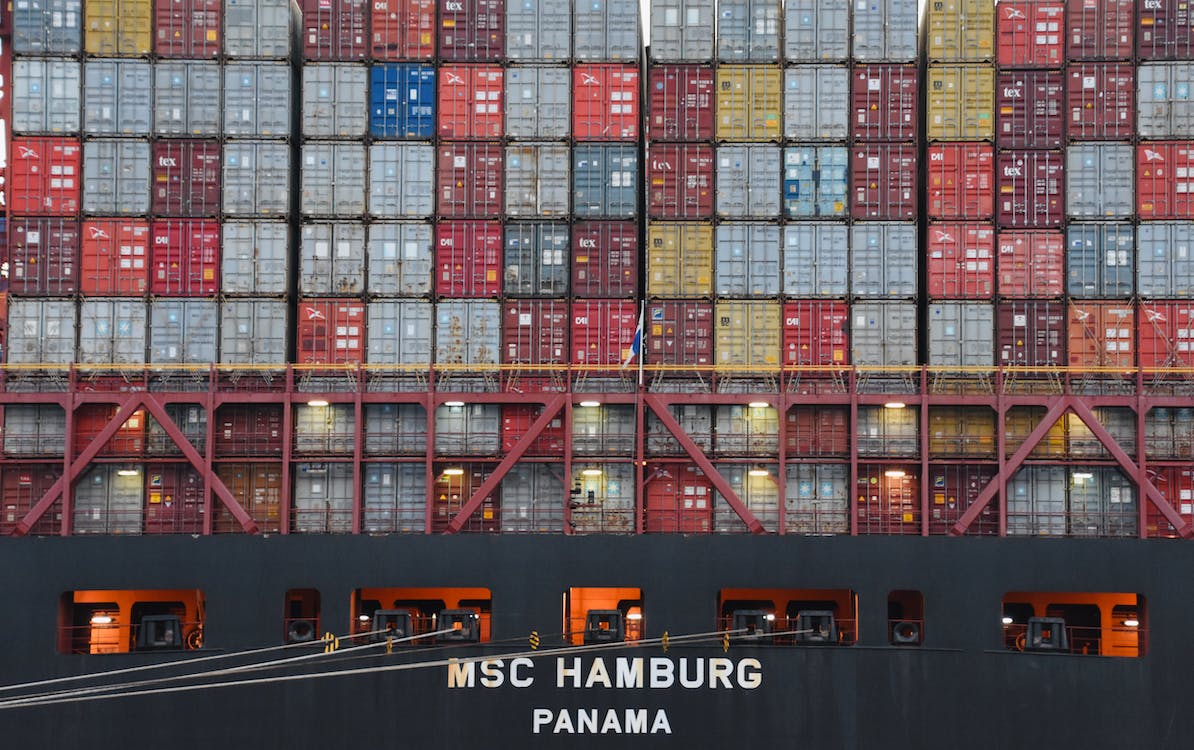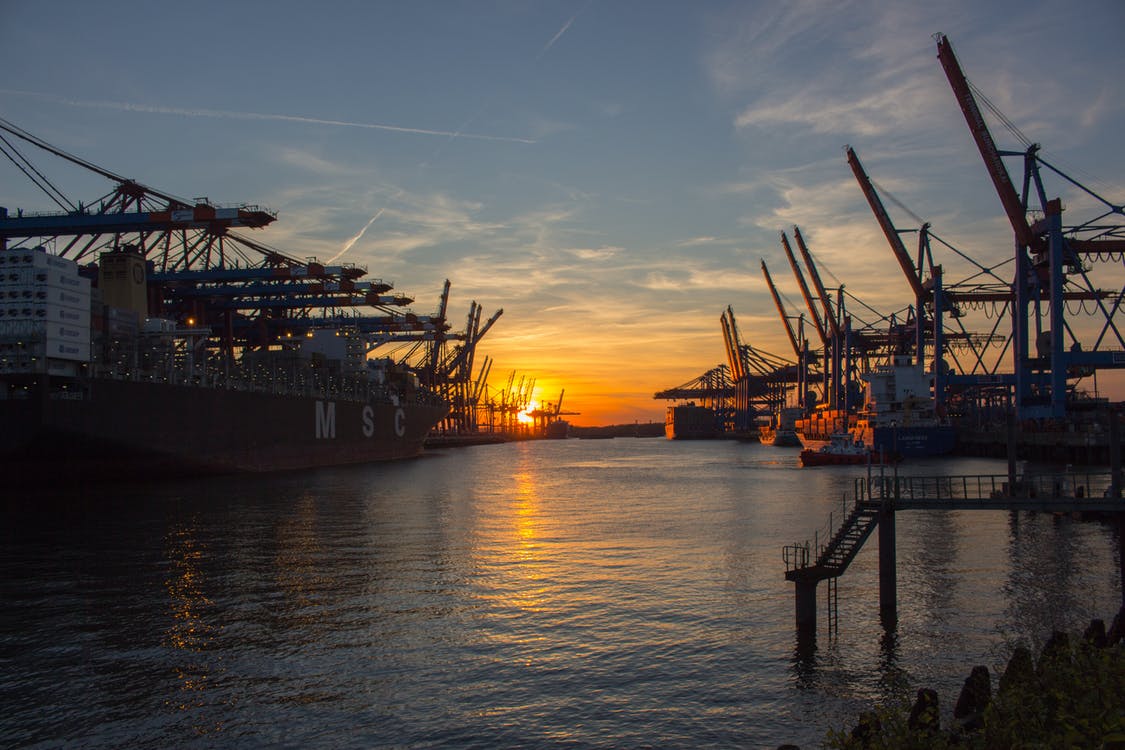Things to Consider Before Engaging in International Shipping-Infographic
So, you finally started your own business. You managed to find suppliers for your products, gain some brand awareness to attract customers, and you are sure that you are earning a considerable return on investment or ROI. You finally considered to further expand your business by reaching potential markets from other places. This is where you realized that engaging in international shipping is indeed possible.
If ever you come across such thoughts before, here are some of the things to be aware of before taking a big step into the world of international shipping:

Identifying the Countries to Ship Your Products
Finding international locations where you can sell your products can be a crucial and tricky task at the same time. The following tips will help you narrow down which countries should you ship your products to:
- Look for countries with customer demographics that are similar to your local market.
- Make sure that your target countries speak a language that you familiar with, and since English iswidelyconsidered as the universal language, going for countries with speakers that are conversant with the English language can be an advantage.
- Figure whether the countries on your list have an existing demand for what products you can offer.
Familiarize Yourself with the Rules of Regulations
Shipping rules and regulations may vary from country to country, so make sure to do research. Try to figure out the list of items that are either prohibited or restricted to a specific country where you think you can gain some customers. Knowing some information about the location of your target markets and their existing laws will increase your chances of getting better deals and a seamless shipping process.
What Products Should You Try for Shipping?
The most ideal products to be shipped in cross-country trade are:
- Smaller and lighter items for lowering downs shipping costs
- Popular products that can be sold on an international scale
- Products that can be shipped for longer periods of time.
- Products that can be easier to package.
Expect Additional Duties and Taxes
International shipping might be a tempting venture for your business, but it will require you to be ready to take new duties and some extra expenses if you wanted to be successful. Learn more about how to deal with customs authorities and taxes-related of some countries that might affect the cost of shipping your products. Another essential thing to consider is introducing new payment processes for making business transactions with international clients more convenient.
Hire a Freight Forwarding Agency
Freight forwarders can offer their services to business owners like you who are trying to enter international trade. These people are skilled in handling logistic networks so that you can have a hassle-free and cheaper shipping process. Partnering with a freight forwarder is basically the best option as they can bear most of the tasks associated with international shipping. They always ensure that your products will go from point A to point B while you focus on other important aspects of your business.
Excelsior Worldwide Freight Logistics conducts free orientation for those who are willing to learn. It is our advocacy to share our knowledge & experience worth more than a decade in the business. Visit our website today at www.excelsior.ph to learn more about our service.
Sources:
https://www.storeautomator.com/prepare-your-business-for-international-shipping/
https://shippingeasy.com/resources/preparing-international-shipping-shipping-platform/

